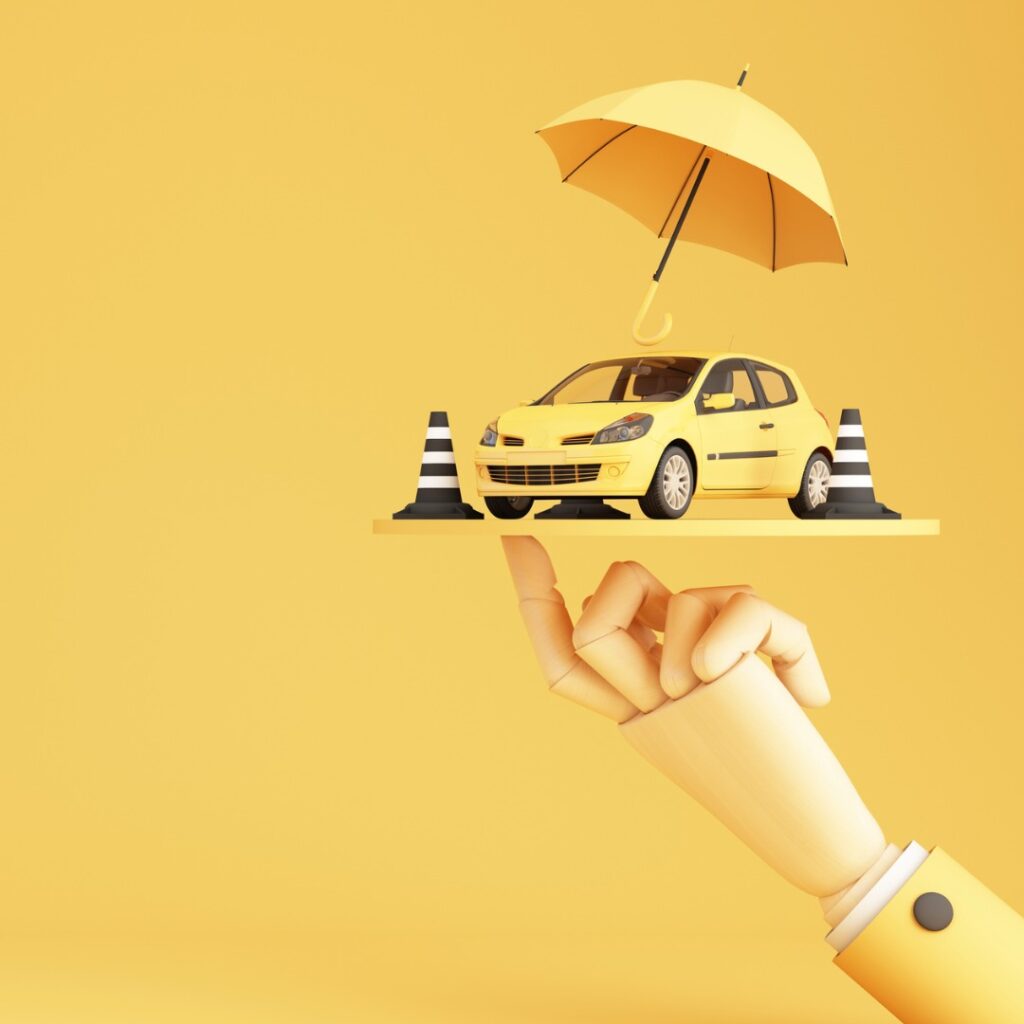Car Rental Stations

When renting a car from a rental station, insurance typically works as follows:
- Collision Damage Waiver (CDW) or Loss Damage Waiver (LDW):
- These waivers may be offered by the rental company to cover damage to the rental vehicle. They are optional but recommended for peace of mind.
- Your personal auto insurance or credit card may also provide coverage for rental cars, so check before purchasing additional coverage.
- Liability Insurance:
- Rental companies often include basic liability coverage in the rental cost. This covers damage to other people’s property and bodily injury.
- If you have your own car insurance policy, it may extend liability coverage to rental cars, but this varies by insurer and policy.
- Personal Effects Coverage:
- Optional coverage that protects your personal belongings in the rental car if they are stolen or damaged.
Gas Stations
When at a gas station, typical insurance concerns include:
- Liability Coverage:
- Your auto insurance should cover liability in case of an accident at a gas station, such as damage to another vehicle or property.
- Personal Injury:
- Personal injury protection or medical payments coverage from your auto insurance may cover injuries sustained at a gas station.
- Property Damage:
- If you accidentally damage property at a gas station (e.g., hitting a pump), your property damage liability coverage should handle it.
General Car Insurance Rules and Considerations
- Coverage Requirements: Car insurance requirements vary by state and country. It’s crucial to comply with local laws regarding minimum coverage.
- Policy Details: Understand your insurance policy’s coverage limits, deductibles, and exclusions.
- Additional Coverage: Consider optional coverages like comprehensive (for non-collision damage), uninsured/underinsured motorist coverage, and roadside assistance.